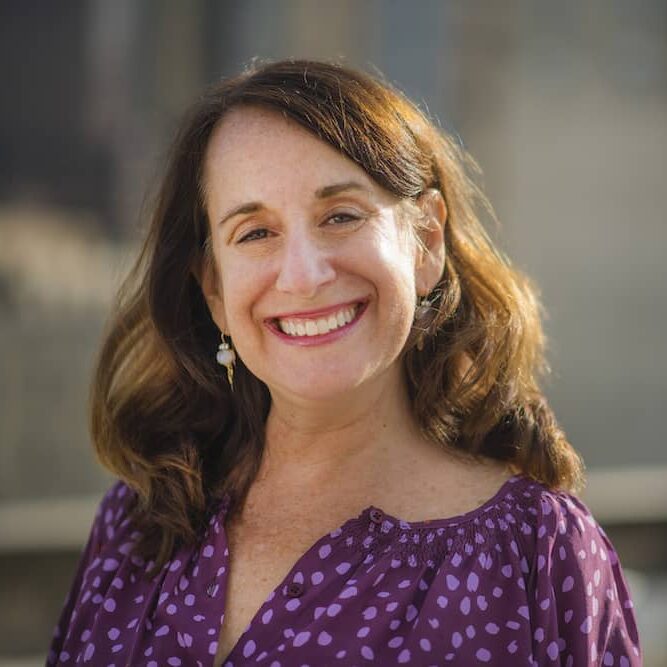The Colorado News Collaborative (COLab) is a nonprofit seeking to stop the spread of news deserts in our state. We serve as a local media resource hub and ideas lab that champions high-quality local news reporting and civic engagement as essential to public accountability, and helps communities craft new ways to financially sustain better coverage. Our team works toward the day when all Coloradans see access to unflinching local news as an unconditional right.
In June, Aspen Times reporter and interim editor Rick Carroll reached out to us for help. The paper’s new owner, Ogden Newspapers, had agreed to settle a lawsuit brought by a Soviet-born billionaire who, just as Russia invaded Ukraine last winter, bought land for a hotel at the base of Aspen Mountain for seven times what it sold for eight months earlier. Vladislav Doronin claimed Carroll’s story about the land deal defamed him by calling him a Russian oligarch. Times’ executives refused to publish Carroll’s follow-up story debunking Doronin’s assertion that he had divested from Russia years earlier. Given that none of Aspen’s three other news outlets stepped in to investigate the controversial new investor, Carroll had one question for COLab, and it was urgent: Could we help find somewhere or some way to let the community know what he had found?
As we were brainstorming, Ogden executives spiked an opinion writer’s column assailing their handling of the Doronin lawsuit and fired the editor who tried to publish it. The company defends those decisions and acknowledges they may not have gone over well publicly.
Word about the Times’ self-censorship spread, triggering local backlash against a newspaper and its parent company critics decried for a lack of journalistic integrity. In the weeks following, Pitkin County government took the unprecedented step of yanking its legal notices and other advertising from the Times. The Aspen Institute and a few other advertisers followed suit. And a group1 of community members that initially gathered to organize the advertising boycott expanded its focus to also explore ways to ensure local news coverage is more independent moving forward.
Aspenites have been talking about press freedoms in the summer of 2022 more than any Colorado community has in recent memory, or maybe ever. Over the course of a month, I interviewed about 50 people2 in Aspen and throughout the Roaring Fork Valley, many of whom spoke on the condition of anonymity. Most told me they were eager to learn more about Doronin and the land deal, and wanted to know what really happened with the Times’ legal settlement and why most of its newsroom staff since has quit. Most also said they have lost trust in the paper, partly because its owners let a foreign billionaire cow it into silence, but also because they say its broader coverage and that of its competitors haven’t been meeting their news needs.
Aspen is Colorado’s last remaining two-newspaper town. Both dailies are free, as is reporting by a local investigative news site and public radio station.3 All told, about 18 reporters cover this city of 7,100 and county of 17,000 people. And yet most community members I spoke with still find local news coverage lacking – too shallow and vanilla, some say, too hesitant to scrutinize people with power and money, say others, and too unaccustomed to asking hard questions and digging deeply for answers.
These are not critiques unique to Aspen. The news crisis there is an acute version of a crisis nationally: steadily eroding public trust in news and in commonly agreed-upon facts, and newsrooms operating on shoe-strings, with skeleton staffs. A billionaire’s lawsuit simply served to accelerate what was until then a more slow-moving, so slow as to be insidious, crisis happening in many communities.





